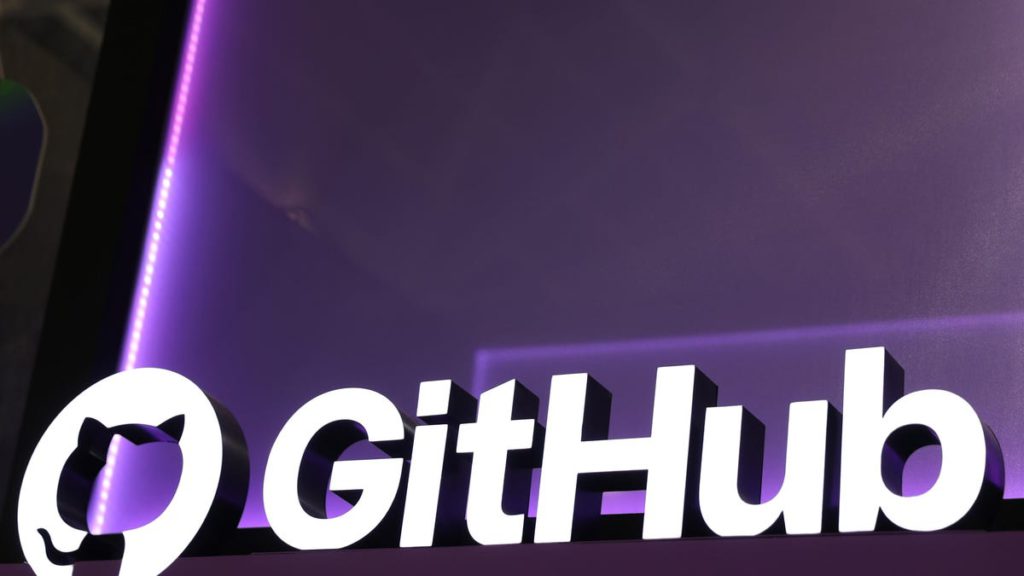
Software development company GitHub’s AI-powered app-building platform Spark is now available for public preview to Copilot+ Pro subscribers, the company said Wednesday.
First unveiled at GitHub’s annual Universe conference in October, Spark allows users to design and launch “micro apps,” or “sparks,” through natural language prompts. For example, a developer might instruct the system to build an app that summarizes reviews of and provides personalized recommendations for popular new movies. That same user could also specify parameters for the design of the user interface, through prompts like: “Add a search bar to the top of the page.” (Micro apps can also be fine-tuned through code or a set of clickable controls provided on the GitHub UI.)
Also: How I used this AI tool to build an app with just one prompt – and you can too
Copilot Pro+ subscribers are limited to 375 messages to Spark per month.
Rather than turning the natural language commands into code, Spark automatically generates an interactive preview of a user’s app-in-progress, allowing them to visualize their design and make further adjustments. The system also comes with an option to generate a set (3-6) of variants of a design, “each with subtle yet meaningful deviations,” according to a company blog post.
The platform offers an array of additional features to expedite the app-building process, like single-click deployment, Copilot agent collaboration, and integration of AI-powered tools from companies like OpenAI and Meta (no API key required).
GitHub plans to expand access to Spark to additional users soon, the company said. You can access Spark in public preview here by signing up for an account with Copilot Pro+, which costs $39 per month or $390 annually.
A key area of investment
Software development has rapidly emerged as one of the most practical and economically valuable applications of generative AI tools since the technology first became a major cultural juggernaut in late 2022.
Also: How to move your codebase into GitHub for analysis by ChatGPT Deep Research – and why you should
As a result, some tech giants have begun to invest heavily in automated coding tools, betting on the idea that AI will handle a significant percentage of software development tasks in the not-so-distant future. Google released Jules, its asynchronous coding agent, at its most recent I/O developer conference in May. That same month, GitHub gave its Copilot coding assistant an agentic upgrade. Google also released a tool last month that allows developers to generate and refine code through natural language prompts.
Meanwhile, the adoption of AI tools throughout the tech industry appears to be making it more difficult for younger software developers with less experience to get hired.
Get the morning’s top stories in your inbox each day with our Tech Today newsletter.


